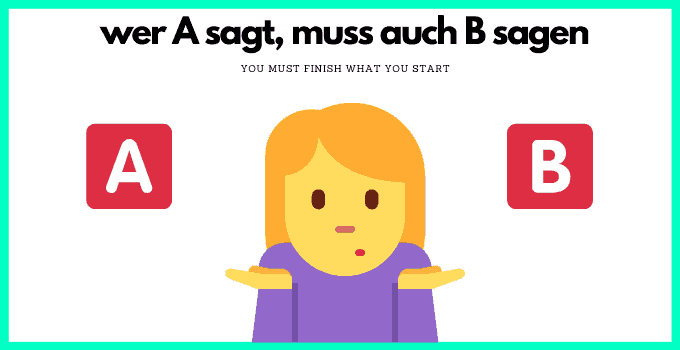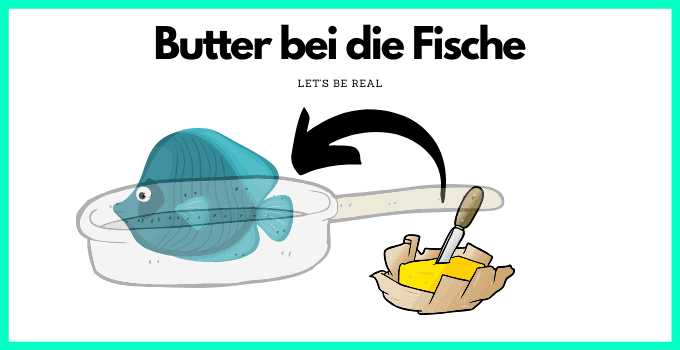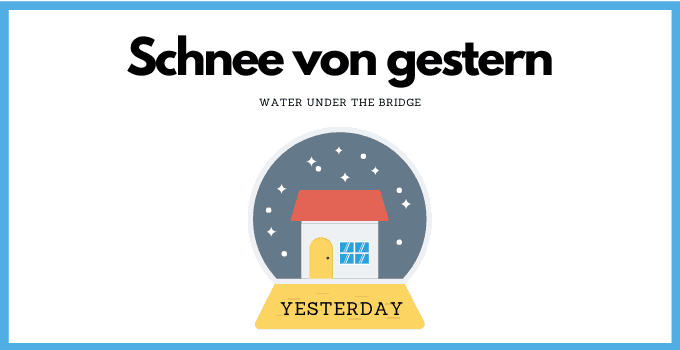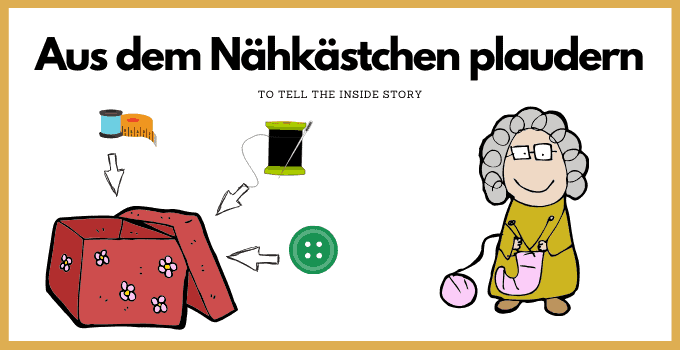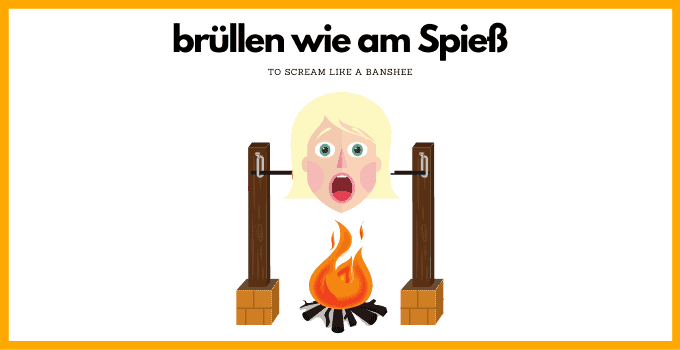Welcome, Linguaholics! Today we will take a deep dive into German sayings…and there is definitely a lot to be explored here! If your native language is English, some of these sayings might sound familiar while others most certainly won’t ring a bell.
So, without further ado, let’s get right to the point! We will start with German saying No. 1….and will end this roller coaster ride when we arrived at German saying No. 34! Fasten your seat belt and let’s goooo!
By Marcel Iseli
13. Mit der Tür ins Haus fallen

It is unclear where this saying actually comes from. But it certainly makes for a great saying that is easy to understand. The door (Türe) in the German saying “Mit der Tür ins Haus fallen” represents the separator of the public sphere and the private sphere.
You could also say that it separates what happens outside (the public world) and inside (behind doors, at home, etc.).
That said, “Mit der Tür ins Haus fallen” signifies that somebody is not respecting that barrier between the outside and the inside world and is, therefore, going like a bull at a gate (is, for instance, asking something too private or intimate, before actually establishing a formal relationship, all by respecting the general rules of conversation.)
Example: Sorry, dass ich gerade so mit der Tür ins Haus falle, aber möchtest du mit mir ins Kino gehen?
Translation:
Sorry to drop in on you like this, but would you like to go to a movie with me?
+++
Ich habe Linguaholic im Jahr 2013 gegründet, weil mich Sprache schon immer fasziniert hat.
Alles begann, als ich mein Übersetzungsstudium (Deutsch, Französisch, Englisch) in Winterthur, Schweiz, begann.
Als ich etwas später einen Urlaub in Asien machte und schließlich (per Zufall oder nennen wir es Schicksal) in China landete, war ich von der chinesischen Sprache und den chinesischen Schriftzeichen im Besonderen sehr fasziniert.
Diese Besessenheit von chinesischen Schriftzeichen und die Unmöglichkeit, mit den Menschen in China zu kommunizieren, veranlassten mich schließlich, ein weiteres Studium zu beginnen und schließlich Sinologie (Nebenfach: Linguistik) an der Universität Zürich zu studieren.
Für mich ist die Liebe zur Sprache und Linguistik eine ewige Liebe.
Und deshalb habe ich schließlich Linguaholic ins Leben gerufen: Eine Plattform, auf der Linguaholics miteinander reden, über Sprache philosophieren und ihre sprachlichen Fragen einbringen können.
Linguaholic besteht heute aus einem Sprachforum und einem Blog.
Auf dem Linguaholic-Blog schreiben mein Team und ich über Themen aus dem Bereich Sprachenlernen, mit den Schwerpunkten Englisch, Deutsch, Japanisch und Spanisch.
Linguaholic ist mir eine Herzensangelegenheit. Nicht mehr und nicht weniger.
Vielen Dank euch allen, dass ihr Teil dieser Bewegung seid!
I started Linguaholic back in 2013 because language had always fascinated me.
It all started when I began my Translation Studies (German, French, English) in Winterthur, Switzerland.
A bit later, when I went on a holiday in Asia and ultimately ended up in China (by coincidence or let’s call it destiny), I was highly fascinated by the Chinese language and Chinese characters in specific.
This obsession with Chinese characters and the impossibility to communicate with the people in China finally led me to start yet another degree and to eventually major in Sinology (Minor: Linguistics) at the University of Zurich.
For me, the love of language and linguistics is an eternal love.
And that’s why I ultimately called Linguaholic into being: A platform where Linguaholics could talk to each other, philosophize about language and bring their linguistic questions to the table.
Linguaholic as of today consists of a language forum and a blog.
On the Linguaholic blog, my team and I write about topics in the field of language learning, with a focus on English, German, Japanese and Spanish.
Linguaholic is a matter close to my heart. No more, no less.
Thank you all very much for being part of this movement!
